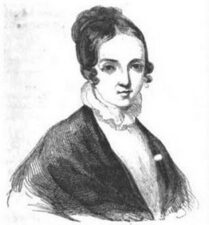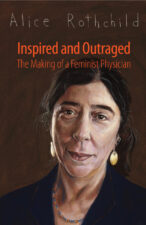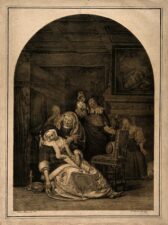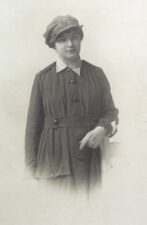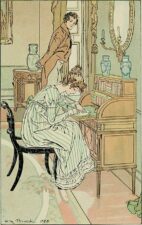Blog and News – Women's History Network (original) (raw)
“We are an Injured Body”: Finding Inspiration in a Class on Jane Austen My new book, Women and Madness in the Early Romantic Novel: Injured Minds, Ruined Lives (Manchester University Press), originated in an undergraduate class I taught in spring…
During the late 18th and early 19th centuries, American Protestant churches prohibited women from preaching or becoming ordained ministers. However, the religious revivalism of the Awakenings – a series of Protestant religious movements in the United States – created new,…
Women and the Making of Art History Since the publication of Linda Nochlin’s groundbreaking ‘Why Have There Been No Great Women Artists?’ (1971), feminist art historians have led a revolutionary movement to review women’s and gender roles in art practices.…
My memoir, Inspired and Outraged: The Making of a Feminist Physician, is both a chronicle of my life in the 1950s in a first-generation Jewish family, coming of age in the 1960s, and my embrace of feminism as I encountered…
Sources taken from Karen Harvey’s Social Bodes project which contains transcribed letters between c.1680-1820 categorised by state, emotion and body part.[1] Why do we study old letters? What is it about them? Or as historian Susan Whyman asks, ‘filled with…
Scanning Auntie Emmie’s attic with torchlight, a time-worn leather suitcase caught Susan’s eye. Emmie would regularly retrieve the suitcase from the attic, but its contents were never shared. Opening it up carefully, Susan was presented with material traces of a…
What’s in a letter? For a woman living in England in the nineteenth century with limited access to social freedoms and even paper—everything. Historians have given mixed reviews on the value of Jane Austen’s surviving personal letters. Some brush off…
The 33rd annual conference, which will take place on 4-5 September, 2025 will explore and celebrate women in the archives, libraries and museums and the challenge of uncovering their presence. We encourage approaches that foreground marginalised voices and imaginative approaches.…

